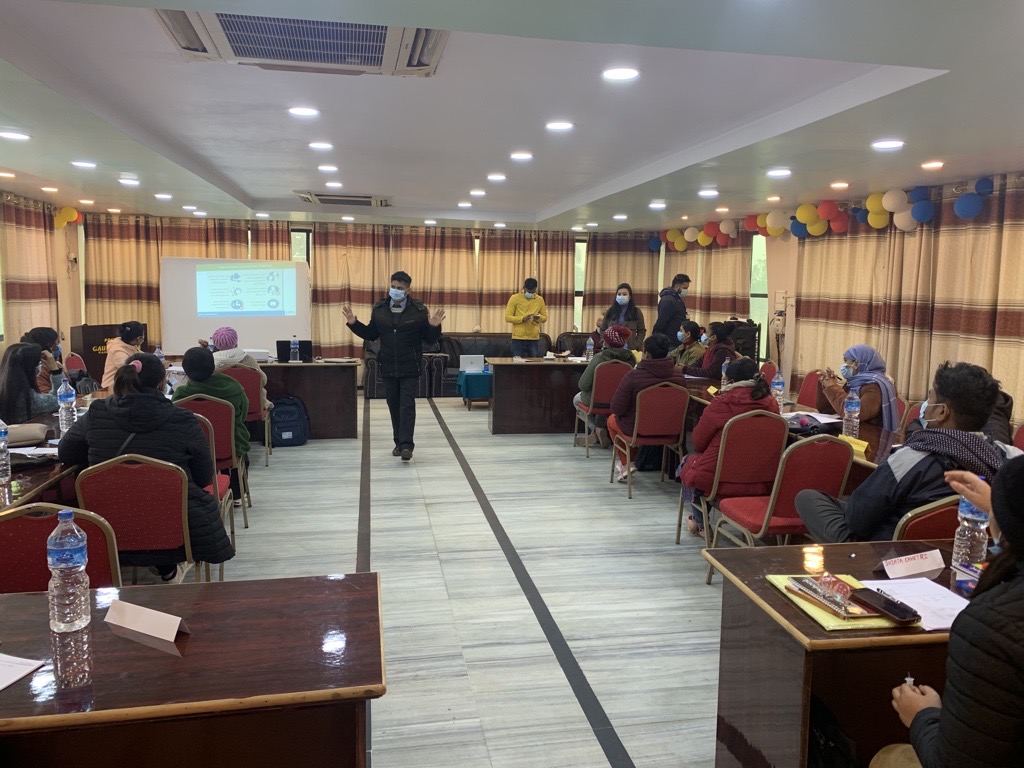
In the backdrop of the COVID-19 pandemic, HERDi conducted a randomized control trial testing a virtual nutrition counseling intervention for Pregnant Women (PW) in the Kapilvastu district. Such intervention, if found effective, feasible, and acceptable is expected to improve health care access for PW during normal times as well as in the times of crisis such as the current COVID-19 pandemic when services are likely to be disrupted.
I joined the trial team as an Intervention coordinator, my main role was to oversee 10 counselors deliver two virtual counseling sessions to PW with limited exposure to the internet. These sessions applied a dialogical method using stories as a trigger for PW and family members to identify problems/barriers faced during pregnancy and identify facilitators in resolving them. These sessions end after an action plan and roles are assigned to individuals who PW identify to be most comfortable with to overcome the identified barriers.
We expected some hurdles in engaging PW and family members from rural communities in a virtual session, so we developed a guideline to orient PW to use an android tablet and WhatsApp and open the Zoom link. Trained enumerators enrolled, collected baseline data, and oriented the PW on tablet use. Similarly, trained counselors scheduled and facilitated the virtual counseling sessions. After two weeks of supervised mock sessions, the counselors started providing the virtual counseling session from the 23rd of January 2022.
Once the intervention started, we immediately realized the office Wi-Fi strength was insufficient for smooth delivery of virtual counseling sessions, thus, we began using NCELL data for better internet quality. Internet issues were common at PW’s end too, having to reschedule sessions. The initial plan was to provide Ncell sim, one of the two mobile phone data providers in Kapilvastu. This had to be revisited as it had poor reception in some areas, it was decided that the enumerators who provided the tablets to the PW kept stock of both NTC/ Ncell sim, providing the PW with one that had better reception in the PW’s locality.
Despite these efforts, the internet problem persisted but PWs were determined to attend the virtual counseling session connected to their home’s Wi-Fi. They went outdoors to terraces, open gardens, rooftops, and neighbor’s houses looking for better reception to continue the session. The determination shown by these PW kept us motivated to promptly resolve connectivity issues.
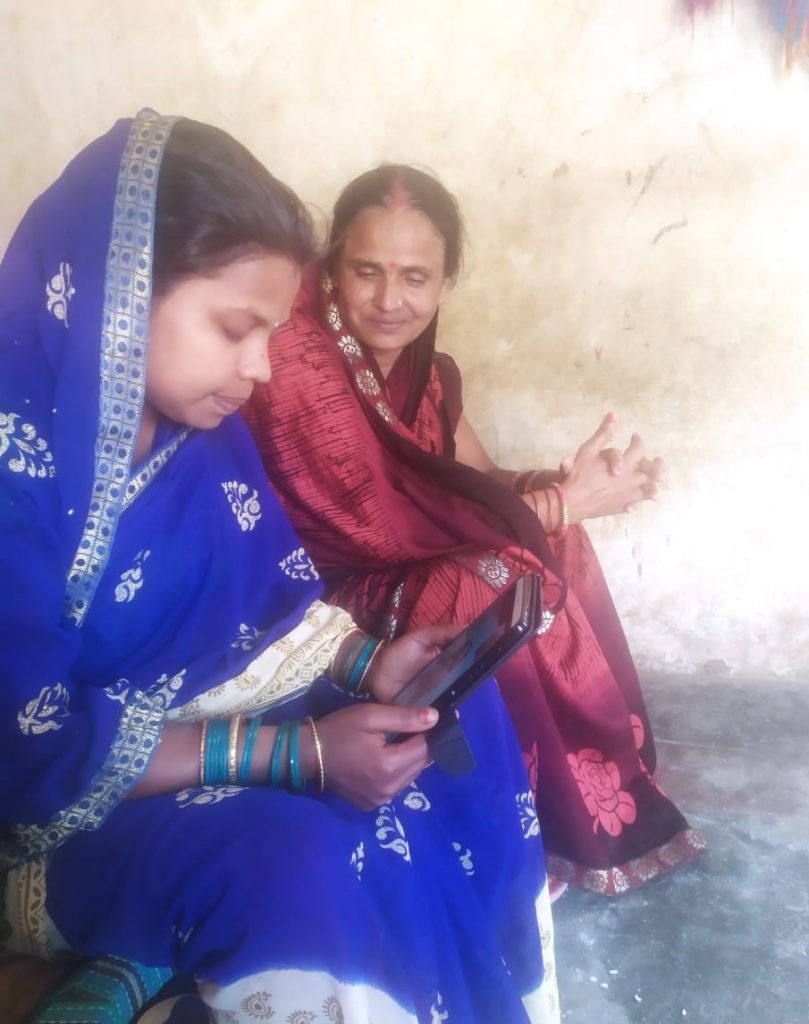
In some instances, PW used the data package by watching YouTube videos, etc., this required prompt action and coordination to top up the data package on the tablet right before starting the session. For such cases, to avoid the constant hassle we decided to provide the data package just before the session started if the previous package was already used.
Using tablets was new to most PW many of whom had never used smartphones before, they required continuous support through repeated visits by the enumerators to ensure they were able to access and use the Zoom link to attend the virtual counseling sessions. Even those who already attended the 1st session needed further support during 2nd session.
PWs were excited to receive the tablets and accepted the fact that they had to return the tablet after completing 2 sessions. In few cases, the PW or her family members were reluctant to give back the tablets but they were convinced after we offered clarification or FCHVs explained why it had to be returned. On rare occasions, PW was too scared to keep the tablets so FCHV or her mother-in-law had to keep them until the second session was completed.
PWs were interested and provided time for intervention except for a few who requested to wrap up the session to finish their household chores, the counselor obliged such requests improvising the session without skipping the important discussion. In two instances family members forbade the PW to attend the session even though PW wanted to, one of them was so scared she requested the counselor not to send messages and to delete the call logs fearing her husband would beat her if he found out. The counselors complied with her request but requested her to reach out if she needed support.
This is the first time a virtual counseling intervention is provided to PW in rural communities with low literacy rate, lower economic levels and high gender-based violence. We expected some challenges during recruitment and the intervention delivery, but despite these challenges, 319 PW were enrolled in the trial within a short period, and 128 PW received virtual counseling sessions out of 155 enrolled to receive the intervention. This would not have been possible without the support from FCHVs and health care providers in the district along with the eagerness of the PW to learn, supportive family members, and dedicated and hardworking project team members. As we await the results, whatever the outcome may be I am proud to have played a part in generating evidence to improve the health and nutrition of PW.
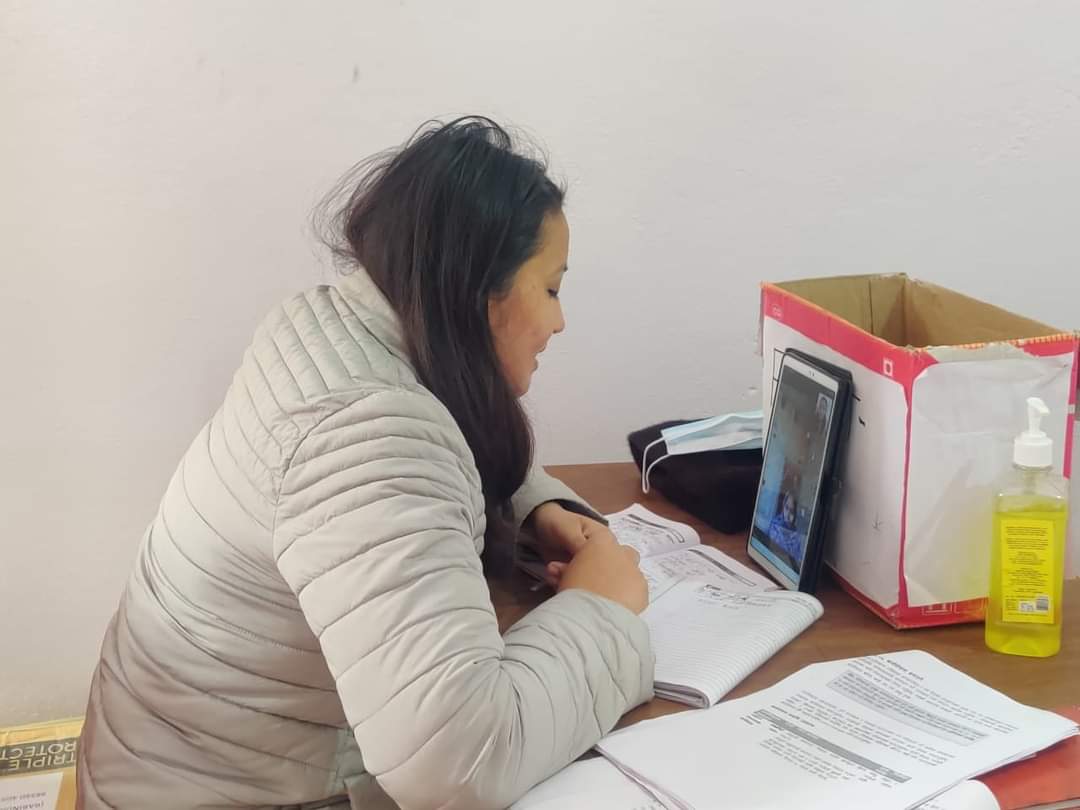
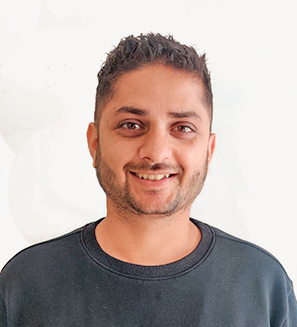
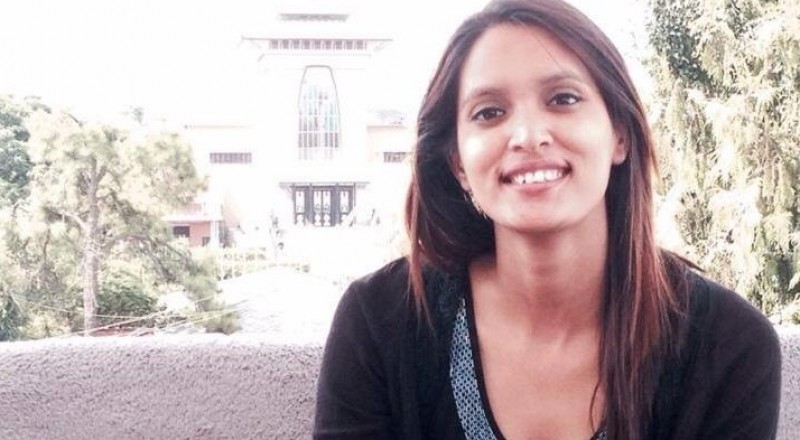
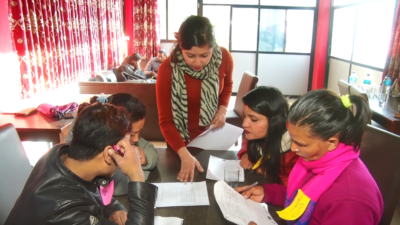
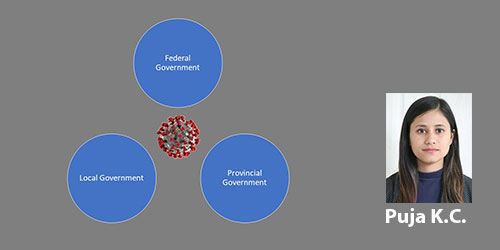
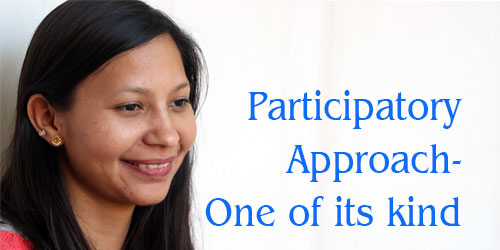





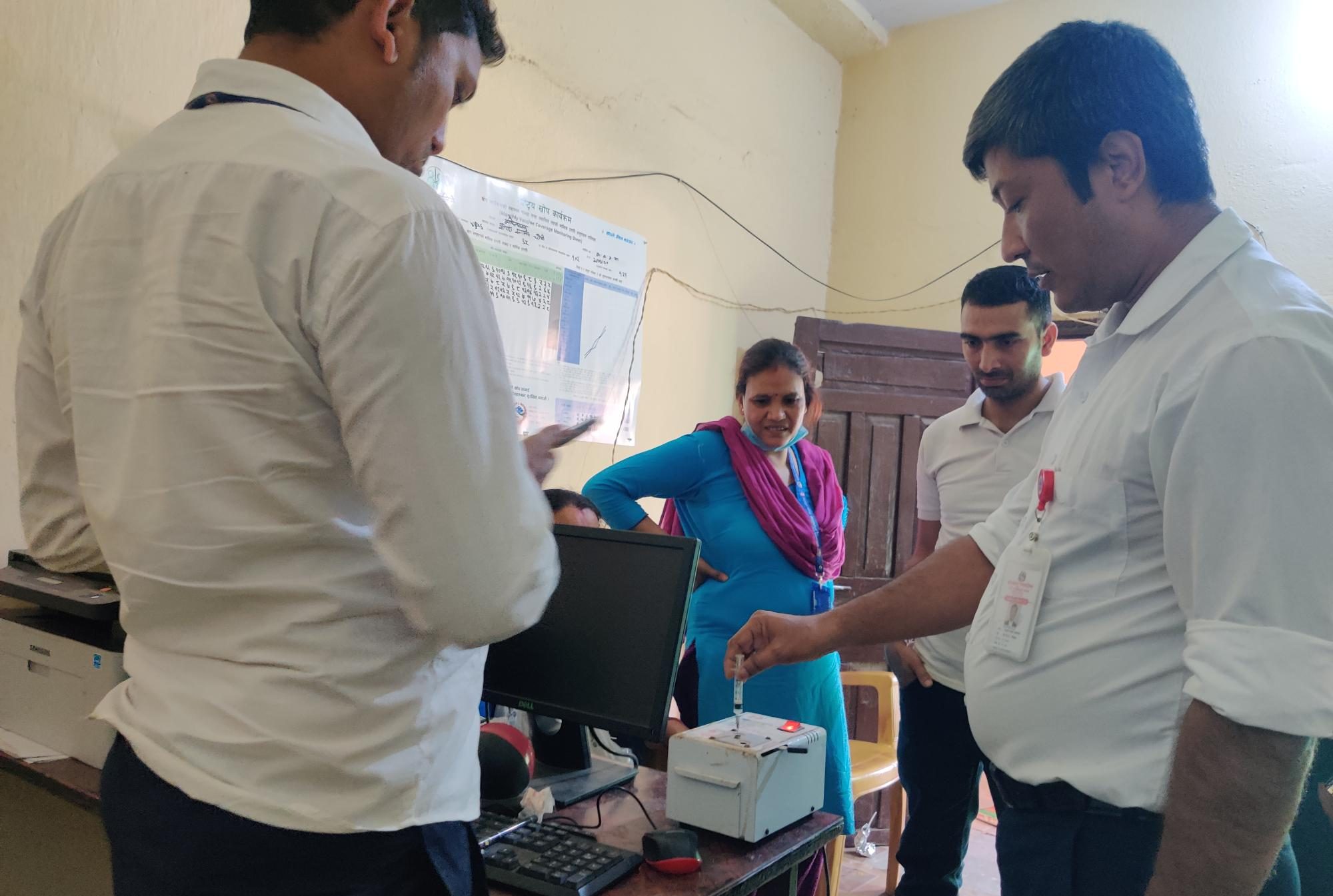
Comments (1)
Great job sir